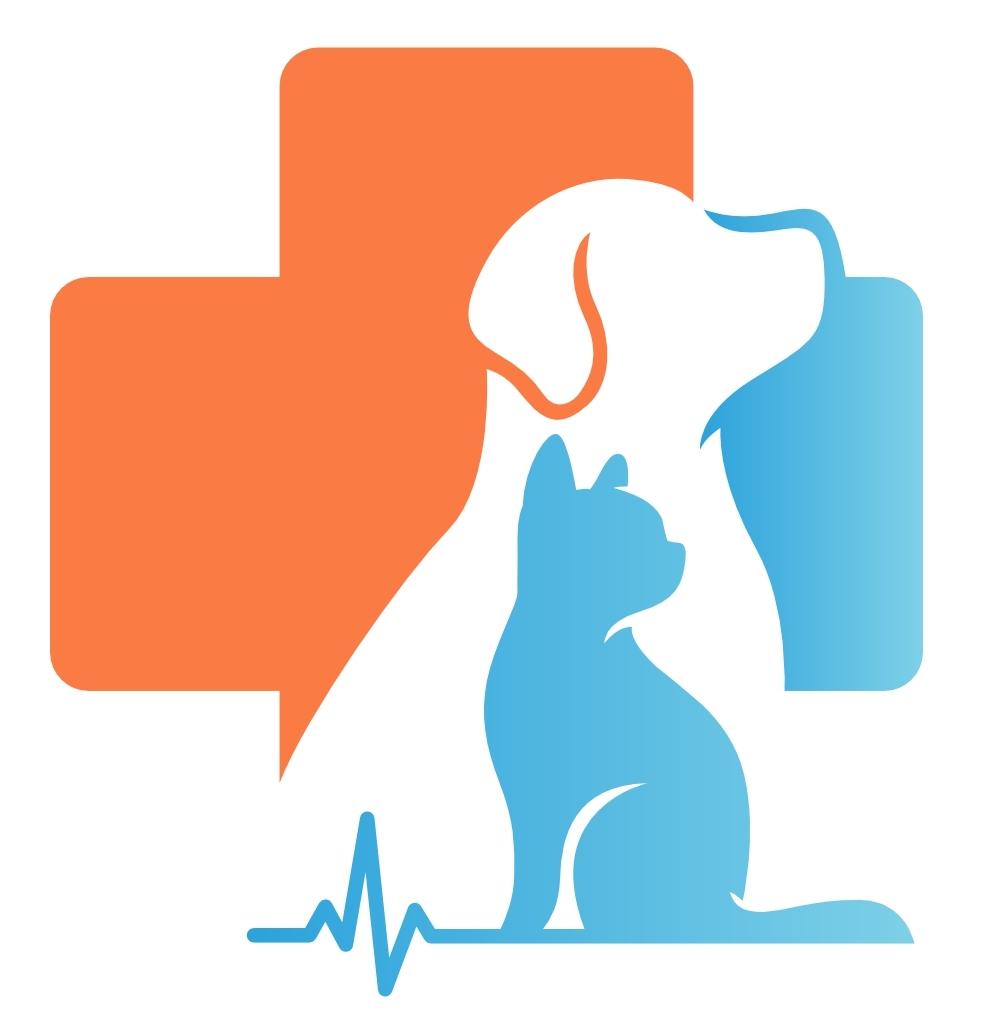Egg Binding in Birds
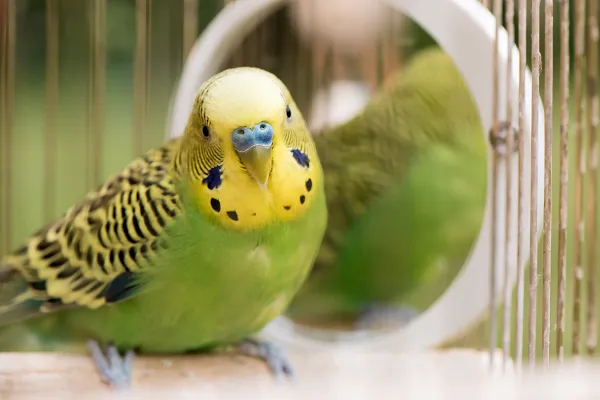
Egg binding is not uncommon in birds and may be resolved easily if treated early; if not, the bird may become critically ill. Egg binding occurs when the female bird is unable to expel the egg from her body. Egg-bound birds are usually weak, not perching, often sitting low on the perch or on the bottom of the cage and are straining as if trying to defecate or to lay an egg. Treatment varies depending upon how sick the bird is, as well as the location of the egg and the length of time the bird has been egg bound.
Candida Infections in Birds
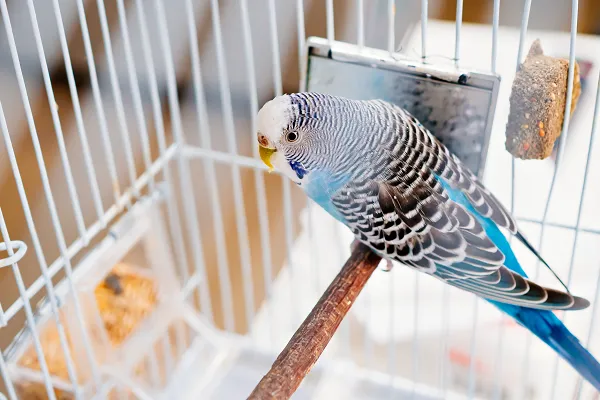
Candida is a type of yeast that may cause problems in the digestive tract of birds. In young birds, immunocompromised birds, or birds that have been on antibiotics for an extended period, candida may overgrow in the digestive tract and cause various problems, such as ‘sour crop’.
Blood Feathers in Birds
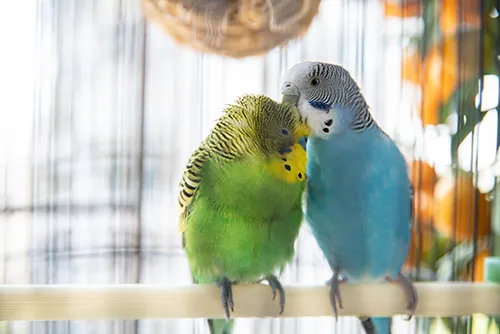
Blood feathers are a normal maturation process for all feathers on birds. When feathers first erupt from the skin they contain blood. Injury to the feather as it grows may cause the blood feather to become broken causing blood loss that at times may require emergency treatment by an avian veterinarian.
Anorexia and Lethargy in Birds

Birds of all species are innately designed to hide symptoms of illness until later stages of a disease process. Any signs of a change in appetite or behavior should be brought to the attention of an avian veterinarian. If an avian patient stops eating, this becomes a life-threatening situation quickly.
Toucans and Toucanets: Feeding

Toucans and toucanets are members of the family of birds called Rhamphastidae. They require a high-moisture diet and have a relatively short digestive tract, so food moves quickly through their digestive tract. Low-iron pellets and fruits should make up most of their daily diet. Iron storage disease, called hemosiderosis, is common in these birds when they are fed a diet high in iron.
Obesity in Birds
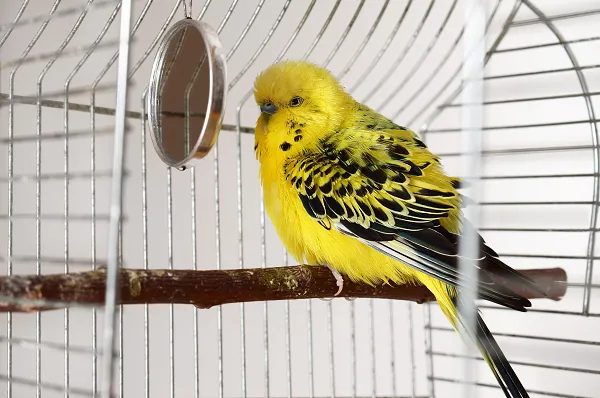
Obesity is a major problem in older birds on seed-based diets and can contribute to diseases such as arteriosclerosis, atherosclerosis (fat deposits in major arteries), and fatty liver disease (hepatic lipidosis). Unlike their wild counterparts, pet birds are not given as much opportunity for daily exercise. Pet birds often burn off very few calories in their daily lives. Switching a bird from an all-seed diet to a more suitable diet consisting mainly of pellets, with smaller amounts of fresh vegetables and fruit, will decrease its overall daily intake of calories.
Molting in Birds
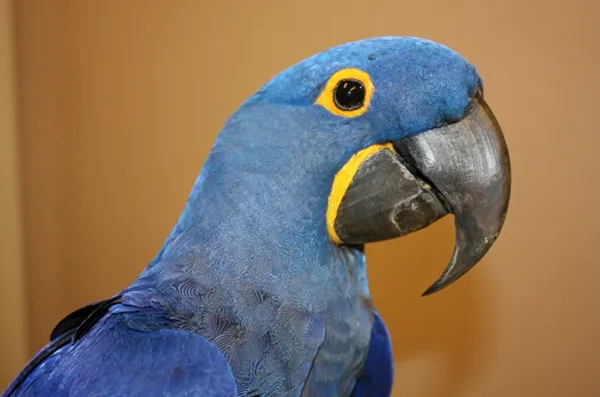
Feathers insulate to maintain a bird’s body temperature and protect birds from the elements and play an important role in aerodynamics and flying. Feathers need to be removed or fall out to stimulate new feather growth. A bird needs to molt each year to get rid of old or damaged feathers. A pet bird’s exposure to varied daily light cycles may lead to an irregular or incomplete molt that may be longer or shorter than a normal molt.
Hand-Feeding Baby Birds

Hand-raised babies usually make better pets, as they have been completely socialized with humans. Hand-feeding is a job best left for the experienced bird breeder or aviculturist. If you are considering hand-feeding a baby bird, you should contact your local bird breeder or avian veterinarian for help. This article provides general guidelines and best practices.
Fruits and Vegetables in Birds’ Diets

It is suggested that a selection of various fruits and vegetables be fed to your bird every day. A good source of carbohydrates, vitamins and minerals, fresh produce should comprise no more than 20%-40% of the diet. Bright yellow, red, and orange vegetables and fruits all contain a great deal of vitamin A, which is a critical nutrient in a birds’ diet.
Feeding Senegal Parrots
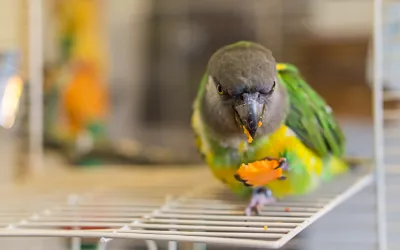
Our knowledge of bird nutrition is constantly evolving. This is due both to heightened awareness of the importance of nutrition and to increased research into birds different needs. As with all other animals, birds need a proper balance of carbohydrates, proteins, fat, vitamins, minerals and water. Different species of birds often require different foods.
